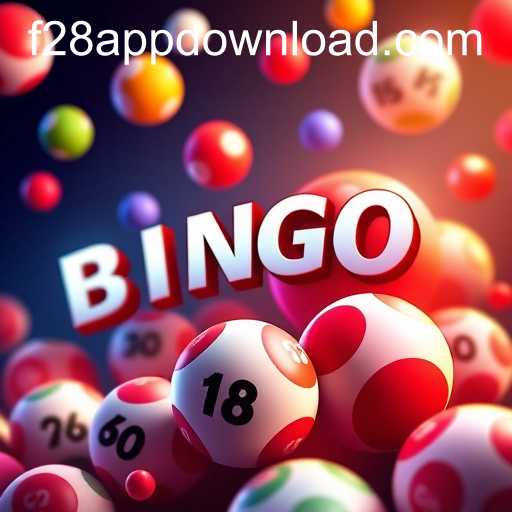Bingo Games: A Journey Through Time
Bingo has been a beloved game for centuries, weaving its way through various cultures and societies. From its humble beginnings in Italy in the 16th century to the bustling bingo halls of the United States, this game of chance has captured the hearts of millions. But what has kept this game so popular, even in today's digital age? A big part of the answer lies in the continuous evolution and adaptation of bingo, particularly with advancements such as the F28 APP DOWNLOAD.
The Origins of Bingo
The history of bingo dates back to 1530, during which a game called "Il Giuoco del Lotto d'Italia" was played in Italy. This early version of bingo was primarily used as a form of lottery, and it is still played in Italy every Saturday. The game soon spread across Europe, reaching France in the late 1770s, where it became popular among the French aristocracy as "Le Lotto." By the mid-19th century, bingo had made its way into Germany, where it served as an educational tool to help children learn numbers and spelling.
The Rise of Bingo in America
It wasn’t until the early 20th century that bingo reached American shores. In 1929, a toy salesman named Edwin S. Lowe encountered the game at a carnival in Georgia, where it was then called "Beano" due to players covering their cards with beans. Lowe saw the potential in the game and introduced it to his friends, where one excited player mistakenly shouted "Bingo!" instead of "Beano." The name stuck, and Lowe modified the game’s format, eventually packaging it into a boxed set for commercial sale.
Bingo Game Variations
Through the years, various formats of bingo have emerged. The classic 75-ball version remains the most popular in North America, while the 90-ball bingo is favored in the UK and Australia. Alongside these are multiple variations like the 80-ball bingo, themed bingo games, and pattern bingo, each adding twists to the game’s traditional format to keep players engaged.
75-Ball Bingo
In 75-ball bingo, players receive a card containing a 5x5 grid with a "BINGO" column. Each square contains a number except the middle one, which is usually a free space. Players must form specific patterns to win.
90-Ball Bingo
Conversely, the 90-ball format allows for three ways to win: completing one line, two lines, or a full house, with each strip containing 15 numbers.
Bingo's Cultural Impact
Bingo's crossover from a simple game of chance to a cultural pastime is notable. It has proven to be an ideal social activity, connecting people across demographics. Charity organizations frequently host bingo events, turning the fun into a benevolent force. The game’s simple rules and inclusive nature make it accessible to various age groups, further embedding it in the social fabric.
Embracing Technology: Bingo in the Digital Age
The advent of the internet brought a significant transformation to bingo, enabling players to enjoy the game from the comfort of their homes. Online bingo platforms have been integral in reviving interest in the game among younger generations, offering new ways to play and win. Among these platforms, the F28 APP DOWNLOAD has gained popularity, representing the seamless integration of technology and tradition.
The F28 APP DOWNLOAD Experience
The F28 app stands out in the digital bingo landscape due to its user-friendly interface and dynamic gameplay. Players can download the app for exciting bingo sessions, offering themes and patterns that keep the game fresh and engaging. The app supports a variety of bingo styles, including the classic 75-ball and the popular 90-ball formats.
Moreover, F28 incorporates social features allowing players to connect, share experiences, and participate in community events and tournaments. This elevates bingo from a mere game of chance to a vibrant social ecosystem.
The Future of Bingo
Looking ahead, the future of bingo appears promising. With technologies such as virtual reality and augmented reality on the horizon, advanced platforms like F28 continue to innovate, promising immersive and interactive experiences. These advancements could redefine how bingo is played, further enhancing its appeal to future generations while preserving the communal spirit that defines the game.
From its storied past to its present as a digital mainstay, bingo remains a dynamic and exciting game. Whether played in traditional halls or through apps like F28, its ability to adapt ensures that it will remain a beloved pursuit for years to come.








